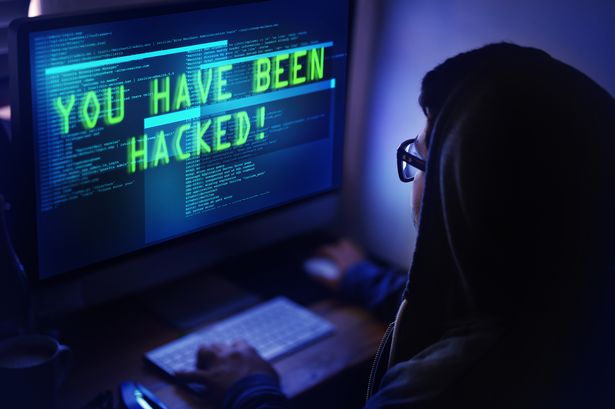As soon as the sparkling sheen of the WWW (World Wide Web) began to dull in the late 1990s, the computer users started witnessing the problem of connectivity. An intense criminal with terrifying elements came up with the definition of computer thievery that included accessing and stealing personal information, coming up with tricks to reveal the private data of the users, and using the data for stealing and extorting business secrets and back account with particular identities.
Despite this significant obstacle, many businesses, both small and large, rely on the internet for tracking their financials, maintain and order inventory, conduct PR campaigns and marketing, social media engagement, and connecting with customers.
There is a heavy reliance on the internet for these respective measures, yet with this heavy frequency, we still hear about substantial computer breaches in the top companies as well.
To protect your company’s computer privacy and integrity, here are specific steps you can take.
1. Use a firewall.
The most important measure you can take is to use a firewall. The operating system of a computer has built-in firewalls, software designated to create a barrier between the outside world and your information. The firewalls are designed to prevent unauthorized access to your business network and alert you in case of any invasion or attempts.
The two primary computer operating systems have built-in firewalls, software designed to create a barrier between your information and the outside world. Firewalls prevent unauthorized access to your business network and alert you of any intrusion attempts.
Therefore, the first thing to do with a new PC is to ensure that the firewall is enabled before you plan to go online. You can also purchase firewall hardware from companies like Sophos, Cisco, or Fortinet. Your type of purchase depends on your broadband router, which includes a built-in firewall to protect your network.
2. Install antivirus software.
Trojans and Keyloggers are computer viruses found everywhere. Antivirus programs like Windows Defender or Avast can vaccinate your computer against any unauthorized software or code that can be a threat to the operating system. Viruses have particular effects that are easy to spot. They can even slow down your computer or delete the essential files.
Hence, antivirus software plays a crucial role in safeguarding your system by detecting real-time threats to make sure that the data is safe.
3. Use complex passwords.
Using strong and secure passwords is one crucial way to prevent your computer network from illegal intrusions. The more reliable and secure your passwords are, the harder it is for the hacker to invade your privacy and system.
The passwords should be longer and more complex, for example, a password with eight characters and a blend of numbers, lower- and uppercase letters, and symbols. The hackers usually have a technique to break secure and short passwords in minutes.
Furthermore, it is essential to avoid recognizable combinations or words like birthdays or any other info connected to you as passwords. Avoid using previously used passwords as well.
4. Ignore spam.
The email messages from the unknown parties are the ones to be avoided the most. Avoid opening the attachments or links that accompany the emails from unknown parties.
5. Use two-factor authentication.
Passwords are your primary weapon against computer hackers, but a second layer boosts the protection. Major platforms like Facebook, Google, Microsoft, Apple allows you to enable two-factor authentication, under which you have to type a numerical code or symbol as an addition to your password. It makes your account more reliable and more secure from the outside world.
6. Use encryption.
If a hacker can monitor your internet connection or steal your data, encryption can safeguard it from taking your information. Your Windows or Mac OS devices can be encrypted easily with FileVault or Bitlocker. Moreover, a VPN can also be used to encrypt web traffic.
These are a few of the security tips that you can use to save your computer from hackers. Furthermore, in case of any data breach or loss, you must have your backup utilities built into your devices. A combination of software and hardware defenses, along with remarkable computing procedures, will always act as a barrier between you and your online predators.










